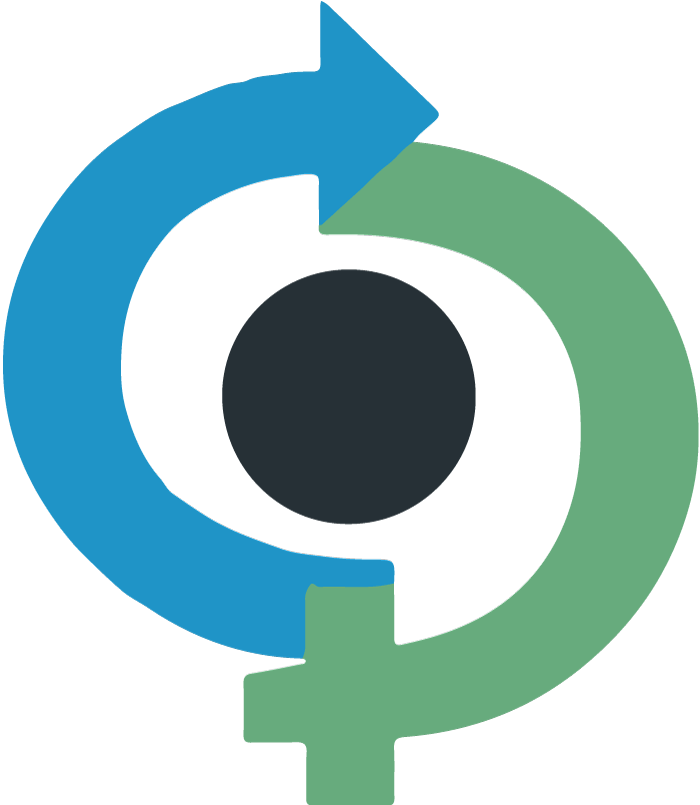 Since 1962
16 Countries
1.546 Members
Since 1962
16 Countries
1.546 Members
 Since 1962
16 Countries
1.546 Members
Since 1962
16 Countries
1.546 Members


ISPOG is the lively world-wide organisation of professionals from different disciplines working in the field of Obstetrics and Gynaecology. It is a platform for mutual exchange and understanding from the clinical, research and educational perspective. Currently, 18 national societies are members of ISPOG and we are happy to support the health professionals of every country working on raising their own national society in order to join in.
On behalf of the Board of Officers and the Executive Committee, I delightfully write this message to mark the commencement of ISPOG’s diamond jubilee year. Sixty years ago, when a small group of like-minded, far-sighted specialists midwifed the birth of a new professional association focused on ‘Psychosomatic Obstetrics and Gynaecology’, the biomedical model of care reigned supreme. Positivism, with its quantitative methods, bestrode the medical education and medical research terrains like a colossus. Over the ensuing six decades, there has been a gradual but sustained rise of the biopsychosocial model of care.
Alongside this development, there has been growing recognition of the value of the interpretivist approach in health research, with qualitative methods gaining stronger footing. Our Society has been in the vanguard of these advances which have served humankind tremendously. Looking back, we salute the courage and vision of our founders who, rather than hit the trodden road, opted for the road less travelled. We acknowledge the sacrifices and contributions of colleagues who kept the vision alive through six decades, despite the absence of pharma backing.
We can look to the future with confidence in the strength of our founders’ vision. Health care delivery is increasingly patient-focused, and the paternalism of the past has receded. More categories of vulnerable persons have emerged as a result of adverse demographic and socio-economic currents. Medicine is growingly recognised as being both science and art. Mind and body are being integrated in medical education.
All these should breed an upbeat disposition for our diamond jubilee. Unrelenting waves of the pandemic threaten this, but we shall weather the storm just as we have done through six decades. Through 2022, let us celebrate the contributions of our Society but also strategize for its future growth.
-Leroy C Edozien
From the time ISPOG was created, professional and social position of Ob Gyns has changed, and ISPOG acknowledges the new situation and is concerned about of the well being of the professionals.
ISPOG is responding to these new challenges support for the professionals that take care of women. Midwives, Nurses, Neonatologists, Psychiatrists, Psychologists, Psychoanalysts, OB Gyns, all of you are needed and welcome. Please feel free to join ISPOG.
The 20th century produced a male chauvinist paternalistic doctor centered model, asymmetric relationship with the patient at the same time medical societies enjoyed a strong economic and political influence. In our 21st century, after Evidence Based shift of our scientific activity, civil societies have produced a decline in the authority of doctors, among other “paternal” characters, as the political or religious authorities, adapting rapidly to a market-like model of provider/user or client management centered model.
Market-biased use of epidemiological evidence has encouraged the appearance of a “health bureaucracy” highly influenced by pharmaceutical lobbies and technocrats. Patients themselves feel they have obtained more power, and view upon themselves more as ‘clients’ than as ‘patients’, or another sort of patient then the old one, which demands another role for the doctor as well. Of course there will always be a difference between professional judgment and ‘pleasing the client’ which might give tension between the patients, the doctors and the new powerful leading actors: the Managers.
Globalisation of economy has produced a growth in the number of immigrants, low income, unemployed, and ethnic minorities. In summary, there is more poor people living in the developed (before “rich”) countries, and the professionals are not enough supported by governments to face this new reality. Few countries have psychologists working clinically in the hospital wards. Most of doctors only have a possibility of referring the patient to a psychiatric ward, or perform a written consultation, with little or none interdisciplinary exchange. Social workers are few and share a similar lack of contact. In the more populated countries the new scenery has caused:
o. Univ-Prof. Dr. Med. Marianne Springer-Kremser (11.11.1940 – 26.02.2023) It is with great regret that we have to inform you about the sudden and unexpected death of Marianne Springer-Kremser. With […]
Read more »Dr. Péter Szeverényi, MD PhD Obstetrician – Gynaecologist, Clinical Psychologist (1949-2023) Dr Szeverényi belonged to those few in the field of obstetrics and gynaecology in Hungary who represent the family-centred […]
Read more »Mechthild Neises, Barbara Maier and Vivian Pramataroff-Hamburger This congress took place in a new dimension, i.e. both on-site and online, as a two-track hybrid event and also bilingual: German for […]
Read more »